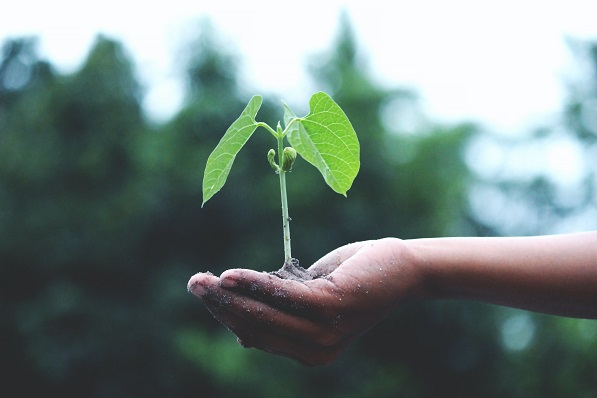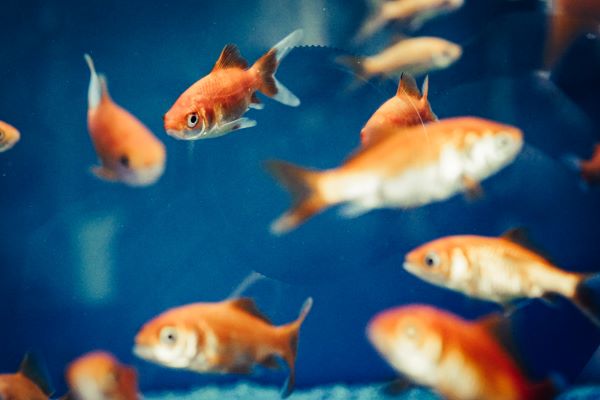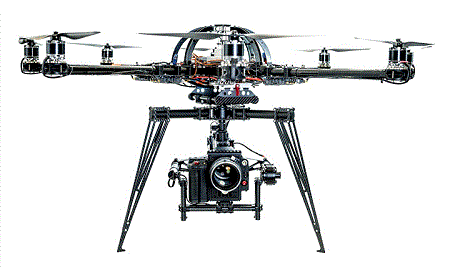India’s bio economy has experienced remarkable growth, skyrocketing from $10 billion in 2014 to over $130 billion in 2024, with projections to reach $300 billion by 2030. “The new Bioeconomy policy rolled out by the Union Govt is set to place India as a global leader in the years to come”, says Union Minister Dr. Jitendra Singh while briefing the media about the recent Union Cabinet decision on the ambitious BioE3 (Biotechnology for Economy, Employment, and Environment) Policy.
Speaking on the surge in Bio economy, Dr Jitendra Singh said “The BioE3 Policy is set to accelerate this growth trajectory, making substantial contributions to the ‘Make in India’ initiative by fostering the development of bio-based products with minimal carbon footprints.”
The BioE3 Policy is designed to address critical global challenges such as climate change and depleting non-renewable resources by: 1) Facilitating the shift from chemical-based industries to sustainable bio-based models 2) Promoting a circular bio economy 3) Achieving net-zero carbon emissions through innovative waste utilization from biomass, landfills, and greenhouse gases and 4) Encouraging the development of bio-based products and expanding job creation.
Highlighting the key features, Dr. Jitendra Singh said the policy encourages entrepreneurship across diverse sectors, including bio-based chemicals, smart proteins, precision bio therapeutics, climate-resilient agriculture, and carbon capture. It establishes cutting-edge bio manufacturing facilities, bio foundry clusters, and Bio-AI hubs. The renewed focus is on ethical biosafety considerations and global regulatory harmonization by aligning with international standards.
He said the Biomanufacturing hubs would serve as centralised facilities crucial for the production, development, and commercialization of bio-based products. These hubs will bridge the gap between laboratory-scale and commercial-scale manufacturing, fostering collaboration among startups, SMEs, and established manufacturers.
Dr. Jitendra Singh categorically mentioned that these will play a vital role in large-scale manufacturing of products like mRNA-based vaccines and proteins. He expressed confidence that Bio-AI hubs will drive innovation by integrating AI to analyse large-scale biological data, paving the way for new gene therapies and food processing solutions.
– PIB







